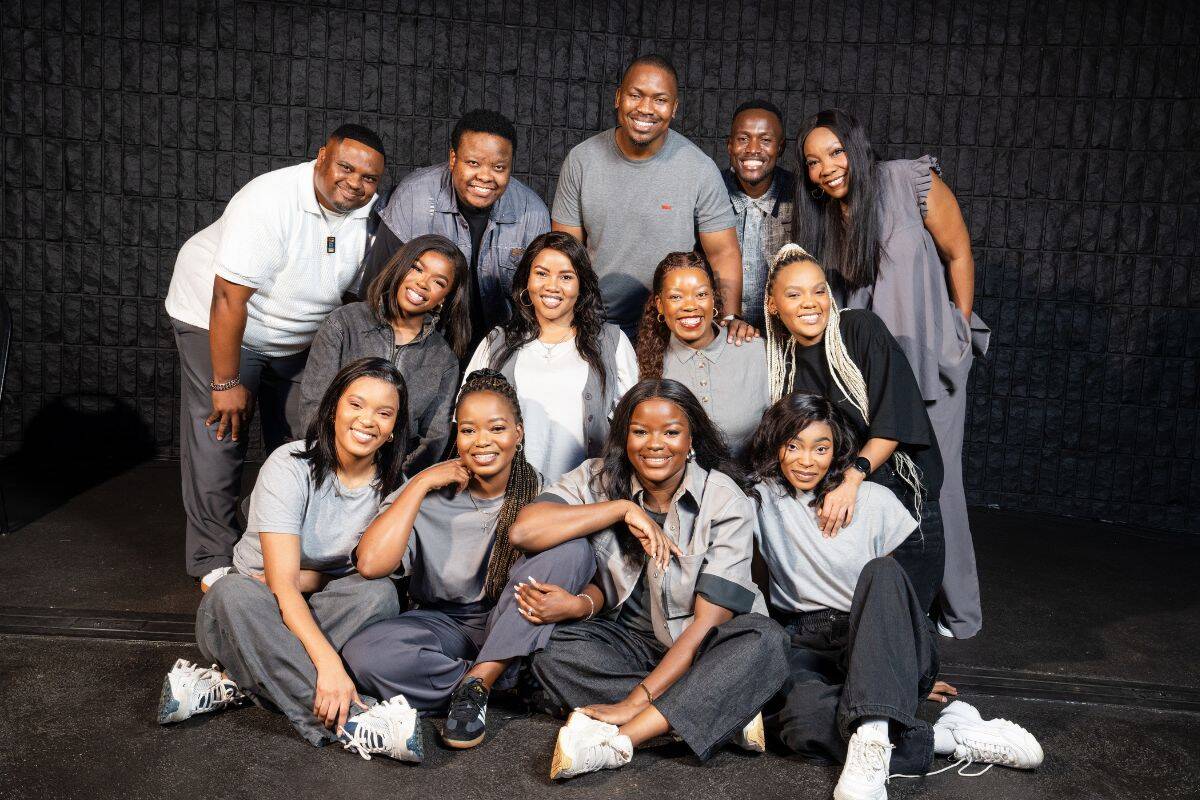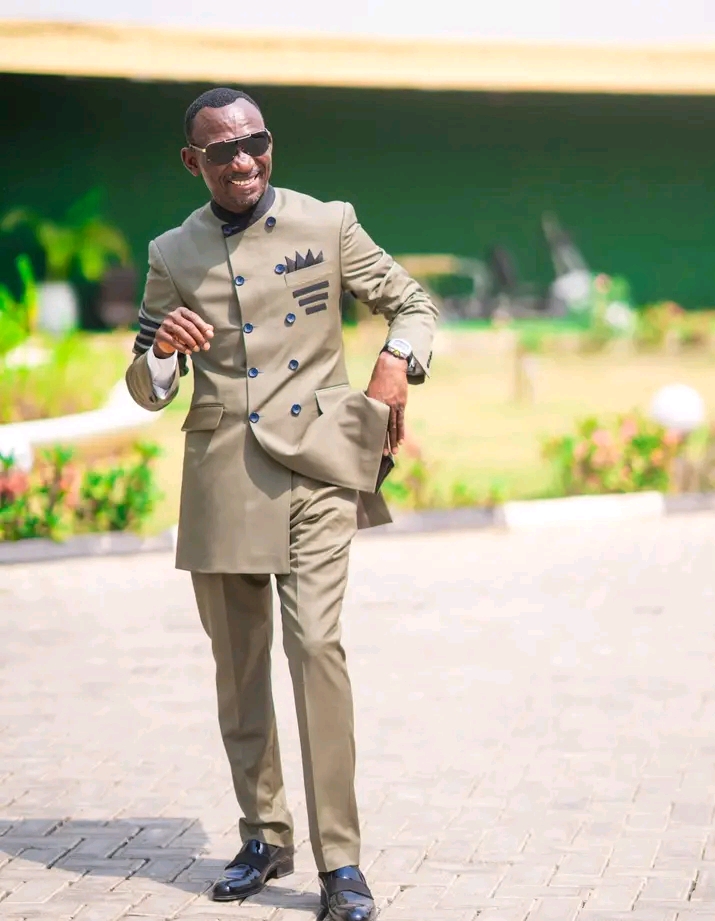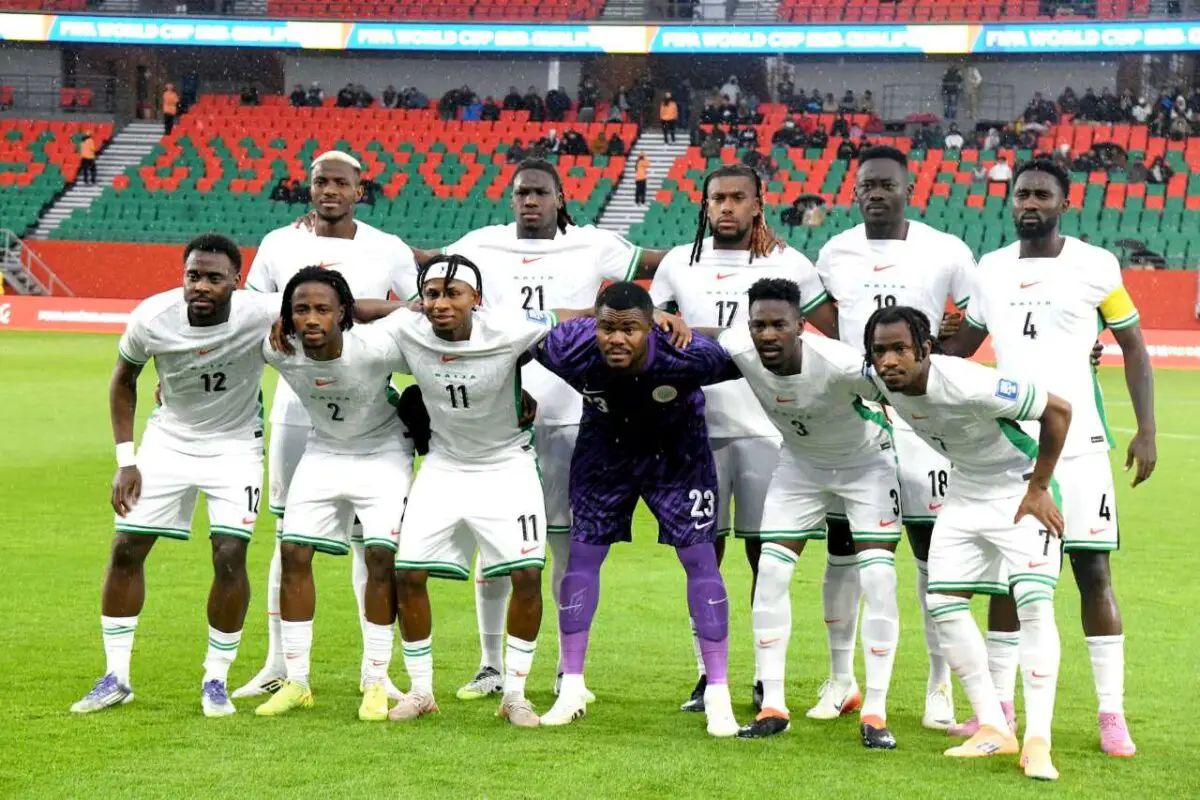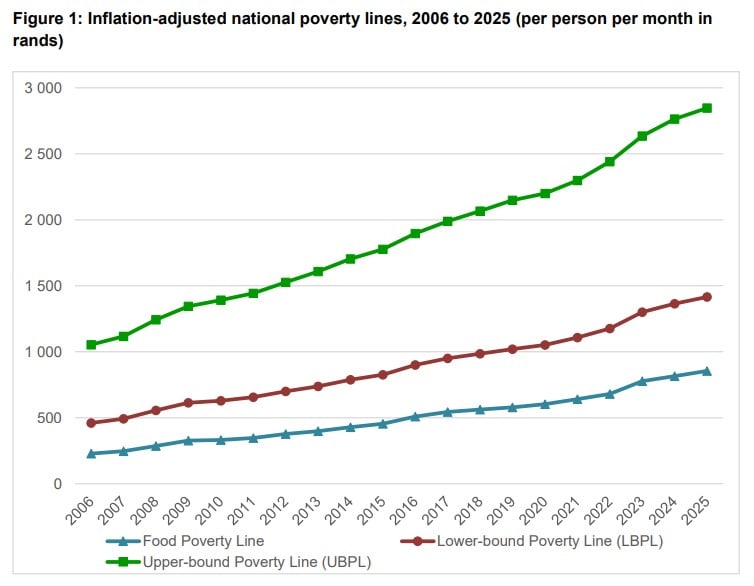“She Raised Me Like a Daughter—Now They Say She’s the Witch Blocking My Marriage”: Amaka’s Painful Confession
From the outside, Amaka’s life looks like the perfect underdog story — the village girl who rose above hardship and found love, success, and a new beginning. But behind the smiles and the stocked supermarket shelves, lies a story filled with heartbreak, betrayal, and unanswered questions.
Amaka was just a little girl when her father sent her to live with his younger sister, Aunty Ngozi, a woman who had no children of her own but raised Amaka like one. She paid her school fees, taught her business, and gave her a home. To many, Ngozi was a blessing. But today, Amaka wonders if that blessing came with a hidden curse.
Growing up, Amaka worked in her aunt’s provisions shop after school, selling rice, beans, and oil. She was smart, respectful, and hardworking — the kind of girl suitors prayed for. And yet, when love finally came knocking, it never stayed. One after another, good men vanished without a reason.
First, there was Matthew, the kind man who supported her education. Then came Chukwudi, a wealthy businessman who promised to marry her. Each one left suddenly, and without explanation. Amaka was devastated, confused, and desperate for answers.
Stories like Amaka’s aren’t rare — but what happens when faith, family, and fear collide?
Find more untold true stories and how women fought for peace right here.
(This one will stay with you long after the last word.)
Seeking answers, Amaka visited ten different churches and mosques. Shockingly, all of them told her the same thing — that Aunty Ngozi was using spiritual powers to block her destiny, fearing that if Amaka married, she’d be left alone. The pain was unbearable. Could the woman who raised her really be behind her broken heart?
Eventually, Amaka left the village and moved to Lagos with her sister, where she found work and met Emeka, a man who seemed different. Emeka stayed. He loved her, married her at 21, and even opened a modern provisions store in her name.
But three years into the marriage, Amaka’s heart is no longer certain. Emeka still flirts with other women, and while he provides and protects, she can’t stop thinking about Chukwudi — the man every prophet said was her “God-ordained husband.”
“I think about him when I eat, when I pray, even when I’m with my husband,” she confesses. “I feel like I’m living with one man while dreaming of another.”
Now, she’s stuck between a good husband and an unresolved past. Her mother tells her to stay and pray, to protect the family name. But Amaka’s heart is loud with questions.
“Was Aunty Ngozi ever truly the villain? Did I marry the wrong man? Or is this all just life’s way of testing me?”
As she stands behind her shop counter each day, Amaka smiles. But inside, she’s aching for peace, for clarity, and for permission to love fully again.
What would you advise Amaka to do?
Should she fight for her marriage — or follow the haunting pull of the past?










